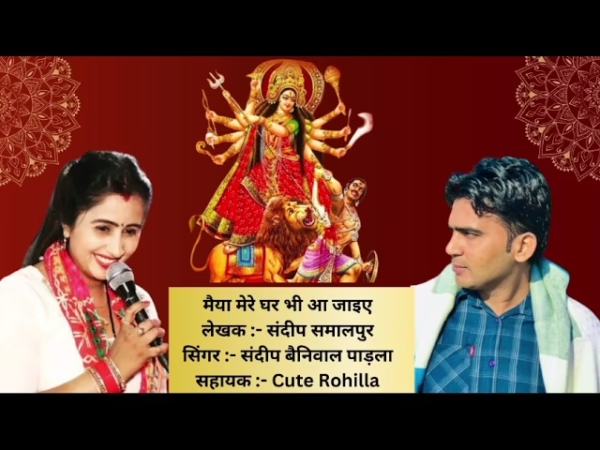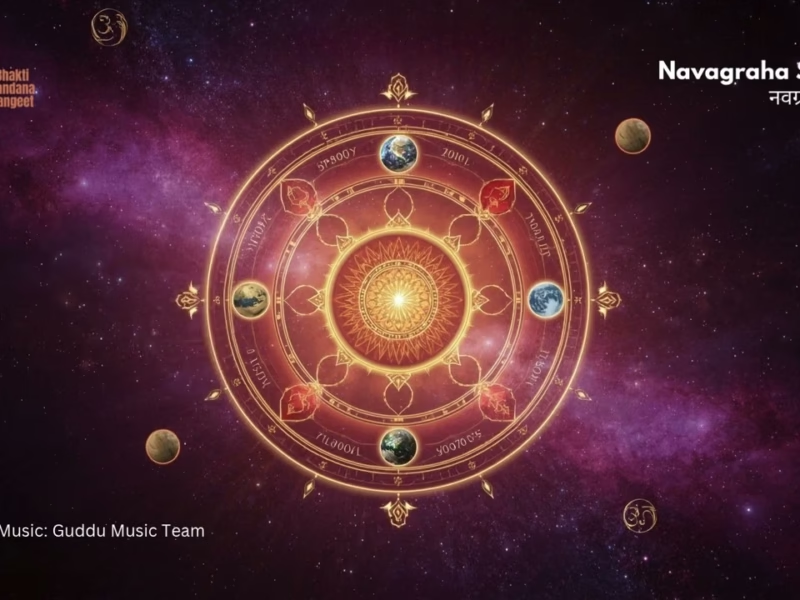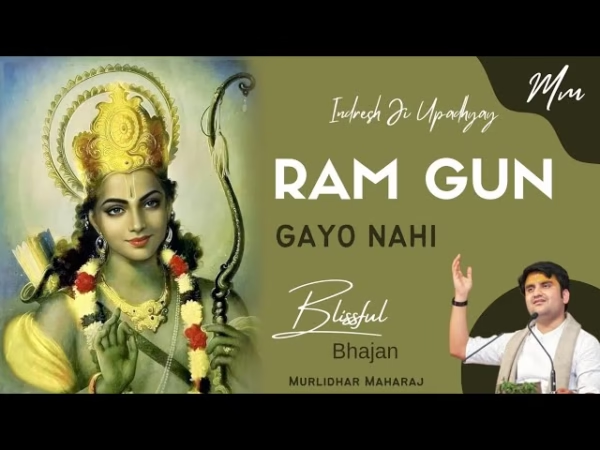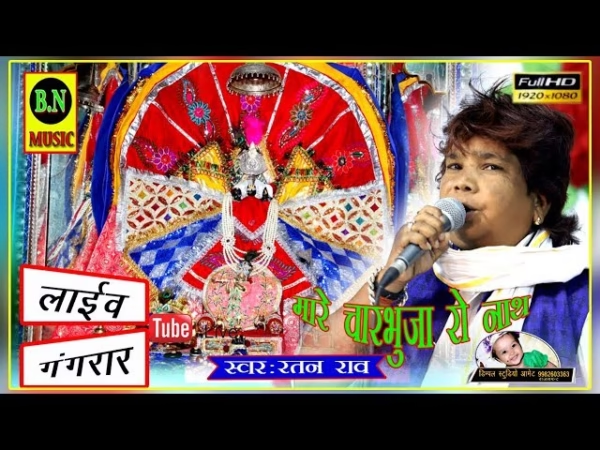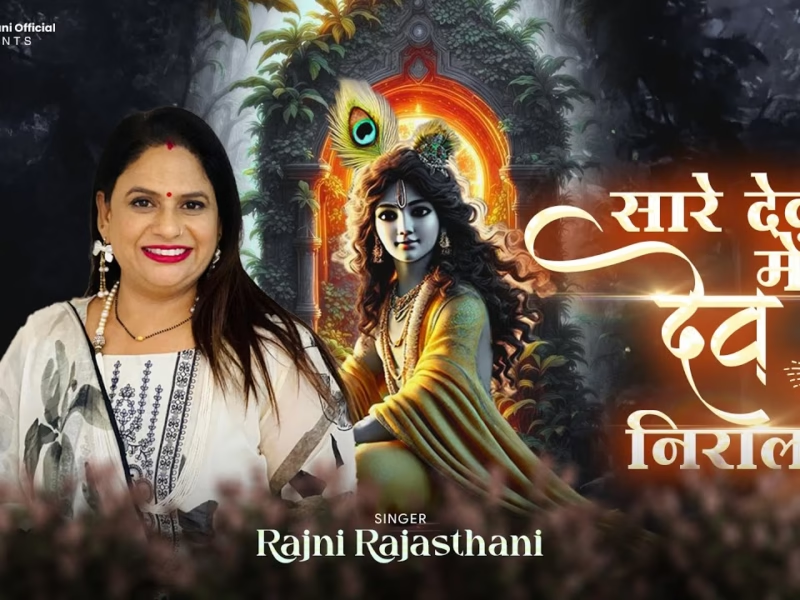HYMN I. Agni: Rig Veda – Book 5 – Ralph T.H. Griffith, Translator
अबोध्य अग्निः समिधा जनानाम परति धेनुम इवायतीम उषासम |
यह्वा इव पर वयाम उज्जिहानाः पर भानवः सिस्रते नाकम अछ ||
अबोधि होता यजथाय देवान ऊर्ध्वो अग्निः सुमनाः परातर अस्थात |
समिद्धस्य रुशद अदर्शि पाजो महान देवस तमसो निर अमोचि ||
यद ईं गणस्य रशनाम अजीगः शुचिर अङकते शुचिभिर गोभिर अग्निः |
आद दक्षिणा युज्यते वाजयन्त्य उत्तानाम ऊर्ध्वो अधयज जुहूभिः ||
अग्निम अछा देवयताम मनांसि चक्षूंषीव सूर्ये सं चरन्ति |
यद ईं सुवाते उषसा विरूपे शवेतो वाजी जायते अग्रे अह्नाम ||
जनिष्ट हि जेन्यो अग्रे अह्नां हितो हितेष्व अरुषो वनेषु |
दमे-दमे सप्त रत्ना दधानो ऽगनिर होता नि षसादा यजीयान ||
अग्निर होता नय असीदद यजीयान उपस्थे मातुः सुरभा उलोके |
युवा कविः पुरुनिष्ठ रतावा धर्ता कर्ष्टीनाम उत मध्य इद्धः ||
पर णु तयं विप्रम अध्वरेषु साधुम अग्निं होतारम ईळते नमोभिः |
आ यस ततान रोदसी रतेन नित्यम मर्जन्ति वाजिनं घर्तेन ||
मार्जाल्यो मर्ज्यते सवे दमूनाः कविप्रशस्तो अतिथिः शिवो नः |
सहस्रश्र्ङगो वर्षभस तदोजा विश्वां अग्ने सहसा परास्य अन्यान ||
पर सद्यो अग्ने अत्य एष्य अन्यान आविर यस्मै चारुतमो बभूथ |
ईळेन्यो वपुष्यो विभावा परियो विशाम अतिथिर मानुषीणाम ||
तुभ्यम भरन्ति कषितयो यविष्ठ बलिम अग्ने अन्तित ओत दूरात |
आ भन्दिष्ठस्य सुमतिं चिकिद्धि बर्हत ते अग्ने महि शर्म भद्रम ||
आद्य रथम भानुमो भानुमन्तम अग्ने तिष्ठ यजतेभिः समन्तम |
विद्वान पथीनाम उर्व अन्तरिक्षम एह देवान हविरद्याय वक्षि ||
अवोचाम कवये मेध्याय वचो वन्दारु वर्षभाय वर्ष्णे |
गविष्ठिरो नमसा सतोमम अग्नौ दिव्ञ्व रुक्मम उरुव्यञ्चम अश्रेत ||
abodhy aghniḥ samidhā janānām prati dhenum ivāyatīm uṣāsam |
yahvā iva pra vayām ujjihānāḥ pra bhānavaḥ sisrate nākam acha ||
abodhi hotā yajathāya devān ūrdhvo aghniḥ sumanāḥ prātar asthāt |
samiddhasya ruśad adarśi pājo mahān devas tamaso nir amoci ||
yad īṃ ghaṇasya raśanām ajīghaḥ śucir aṅkte śucibhir ghobhir aghniḥ |
ād dakṣiṇā yujyate vājayanty uttānām ūrdhvo adhayaj juhūbhiḥ ||
aghnim achā devayatām manāṃsi cakṣūṃṣīva sūrye saṃ caranti |
yad īṃ suvāte uṣasā virūpe śveto vājī jāyate aghre ahnām ||
janiṣṭa hi jenyo aghre ahnāṃ hito hiteṣv aruṣo vaneṣu |
dame-dame sapta ratnā dadhāno ‘ghnir hotā ni ṣasādā yajīyān ||
aghnir hotā ny asīdad yajīyān upasthe mātuḥ surabhā uloke |
yuvā kaviḥ puruniṣṭha ṛtāvā dhartā kṛṣṭīnām uta madhya iddhaḥ ||
pra ṇu tyaṃ vipram adhvareṣu sādhum aghniṃ hotāram īḷate namobhiḥ |
ā yas tatāna rodasī ṛtena nityam mṛjanti vājinaṃ ghṛtena ||
mārjālyo mṛjyate sve damūnāḥ kavipraśasto atithiḥ śivo naḥ |
sahasraśṛṅgho vṛṣabhas tadojā viśvāṃ aghne sahasā prāsy anyān ||
pra sadyo aghne aty eṣy anyān āvir yasmai cārutamo babhūtha |
īḷenyo vapuṣyo vibhāvā priyo viśām atithir mānuṣīṇām ||
tubhyam bharanti kṣitayo yaviṣṭha balim aghne antita ota dūrāt |
ā bhandiṣṭhasya sumatiṃ cikiddhi bṛhat te aghne mahi śarma bhadram ||
ādya ratham bhānumo bhānumantam aghne tiṣṭha yajatebhiḥ samantam |
vidvān pathīnām urv antarikṣam eha devān haviradyāya vakṣi ||
avocāma kavaye medhyāya vaco vandāru vṛṣabhāya vṛṣṇe |
ghaviṣṭhiro namasā stomam aghnau divñva rukmam uruvyañcam aśret ||
English Translation
Translated by Ralph T.H. Griffith
1. Agni is wakened by the people’s fuel to meet the Dawn who cometh like a milch-cow.
Like young trees shooting up on high their branches, his flames are rising to the vault of heaven.
2 For worship of the Gods the Priest was wakened: at morning gracious Agni hath arisen.
Kindled, his radiant might is made apparent, and the great Deity set free from darkness.
3 When he hath stirred the line of his attendants, with the pure milk pure Agni is anointed.
The strength-bestowing gift is then made ready, which spread in front, with tongues, erect, he drinketh.
4 The spirits of the pious turn together to Agni, as the eyes of all to Sūrya.
He, when both Dawns of different hues have borne him, springs up at daybreak as a strong white charger.
5 The noble One was born at days’ beginning, laid red in colour mid the well-laid fuel.
Yielding in every house his seven rich treasures, Agni is seated, Priest most skilled in worship.
6 Agni hath sat him down, a Priest most skilful, on a sweet-smelling place, his Mother’s bosom.
Young, faithful, sage, preeminent o’er many, kindled among the folk whom he sustaineth.
7 This Singer excellent at sacrifices, Agni the Priest, they glorify with homage.
Him who spread out both worlds by Law Eternal they balm with oil, strong Steed who never faileth.
8. He, worshipful House-Friend, in his home is worshipped, our own auspicious guest, lauded by sages.
That strength the Bull with thousand horns possesses. In might, O Agni, thou excellest others.
9 Thou quickly passest by all others, Agni, for him to whom thou hast appeared most lovely,
Wondrously fair, adorable, effulgent, the guest of men, the darling of the people.
10 To thee, Most Youthful God! to thee, O Agni from near and far the people bring their tribute.
Mark well the prayer of him who best extols thee. Great, high, auspicious, Agni, is thy shelter.
11 Ascend to-day thy splendid car, O Agni, in splendour, with the Holy Ones around it.
Knowing the paths by mid-air’s spacious region bring hither Gods to feast on our oblation.
12 To him adorable, sage, strong and mighty we have sung forth our song of praise and homage.
Gavisthira hath raised with prayer to Agni this laud far-reaching, like gold light to heaven.

